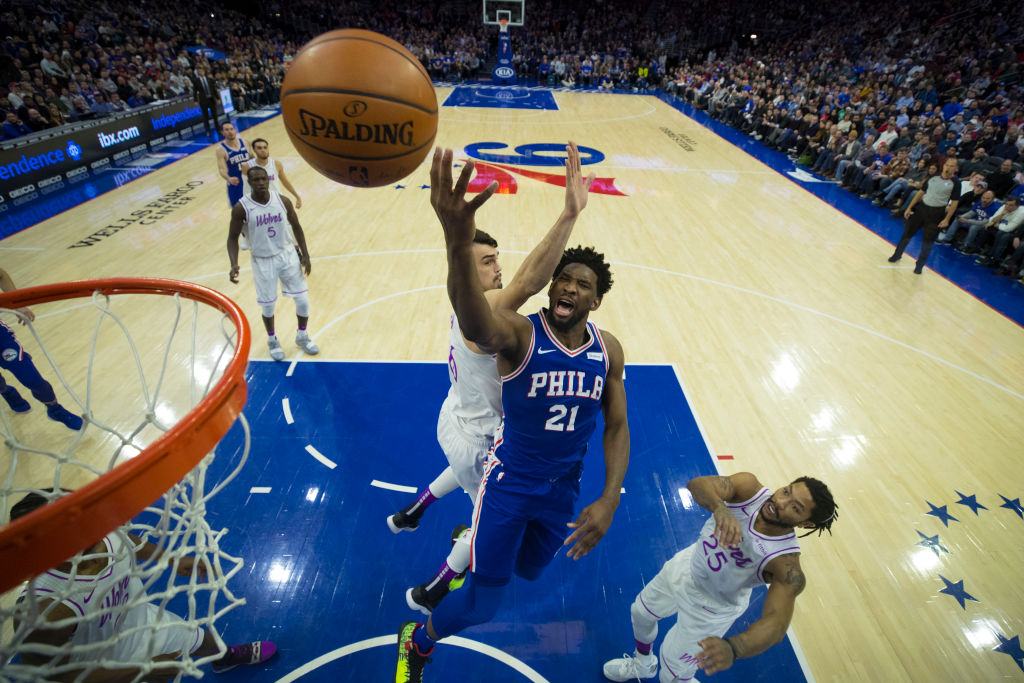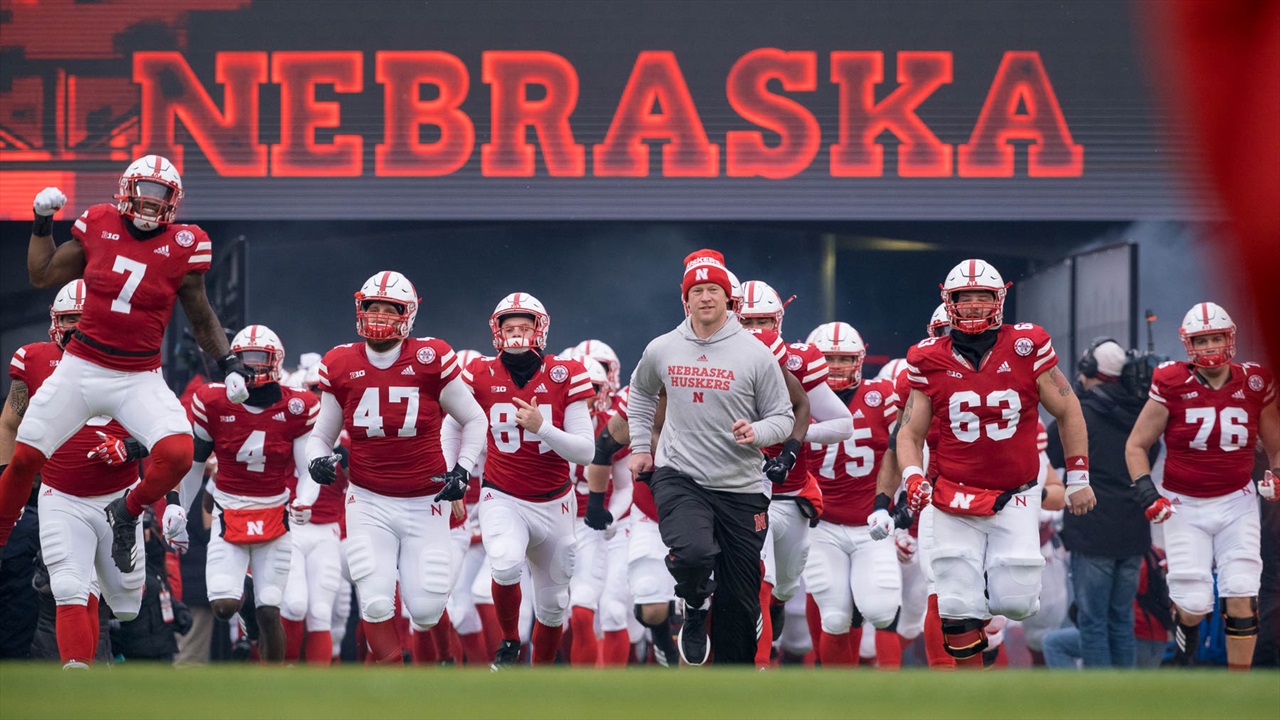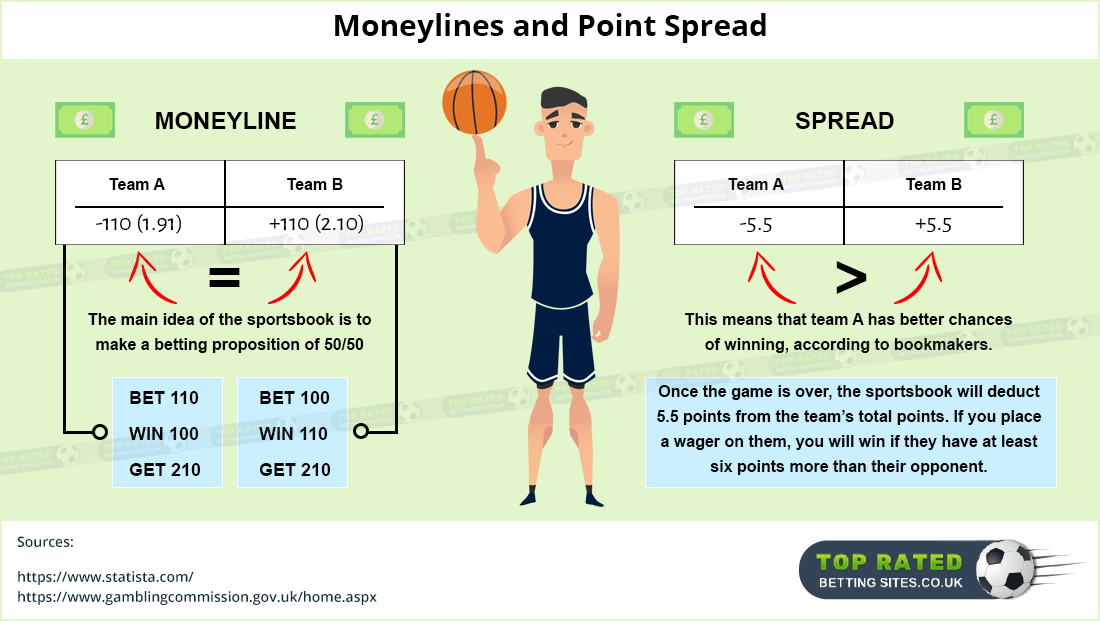College Basketball betting is becoming more popular each year. This is known as one of the sports where a smart bettor who practiced proper money management can make some really huge profits. Once a bettor begins to study and understand College Basketball Lines, he or she can gain a better understanding of how the bookies set their numbers. The bookies set a lot of these College Basketball Lines with the public in mind. They know the general public is going to bet on the popular teams every week so there are some great situations to get good numbers by going against teams like this.
- Point Spread Basketball Overtime
- Las Vegas Nba Point Spread
- Ncaa Basketball Point Spreads
- Point Spread In College Basketball
- What Is A Point Spread In Basketball
While betting against the point spread or on totals make up the vast majority of basketball wagers, bettors also have several other betting options available to them. One is the money line wager, which is a bet on the winner of the game without the point spread. But because some teams are given a better than 50-percent chance of winning, money.
Compare NBA Basketball Odds, Lines & Point Spreads from multiple sports books for betting NBA Basketball from Don Best #1 Internet sports handicapping resource! Get the latest College Basketball odds, point spreads, money lines and over/unders for popular sportsbooks and view SportsLine's expert analysis of each upcoming game.
It is always best to shop around when looking for the best College Basketball Lines. Many different books release different numbers and College Basketball Lines always tend to differ at each sportsbook. If you are truly interested in finding the best College Basketball Lines, it is always best to have funded accounts at least five sportsbooks.

COLLEGE BASKETBALL POINT SPREADS EXPLAINED:
The point spread – commonly referred to as “the spread” – is the number assigned by the sportsbooks to represent the point difference between two teams for betting purposes. The goal of the spread is not to project how many points that a certain team is going to win by. Instead, the point spread is meant to create a situation where half the wagers that come in on a game are on one team while the other half are on the other. (This is called “balanced action”).
The team with the negative number is considered the favorite. (Example: -6.5) The team with the positive number is considered the underdog or “dog”. (Example: +6.5)
The team that is the favorite needs to win the game by more than the assigned point spread value in order to cash the ticket. For example, if the Syracuse Orange are -3.5 against the Connecticut Huskies they need to win by four or more points to beat the point spread. Conversely, a bettor taking the underdog Huskies in this example needs Connecticut to either win outright or lose by three or fewer points.
COLLEGE BASKETBALL MONEYLINE EXPLAINED:
A moneyline wager in an college basketball game is a bet on which team will win the game outright, independent of the point spread.
The favorite in a game has a negative moneyline (example: -160). The underdog has a positive moneyline (example: +125). The odds represent the payouts on a $100 wager. So for a favorite at -160 the bettor would wager $160 to win $100. For an underdog at +125 the bettor would wager $100 to win $125.
Again, moneyline bettors are simply trying to pick which team will win the game. The moneyline is the agreed upon payout of the wager.

COLLEGE BASKETBALL TOTALS or OVER/UNDER EXPLAINED
College basketball totals are a bet on the total combined number of points that both teams will score in a given game.
You can bet totals ‘over’ or ‘under’. If you are betting ‘over’ then you are betting that the combined number of points from the teams will exceed the posted total. If the posted total is 135.5 and you bet ‘over’ then you wagering that 136 or more combined points will be scored. If you are betting ‘under’ 135.5 then you are hoping for 135 or fewer combined points to be scored.
All points scored in overtime count towards the totals wager. If the total number of points scored ends up being exactly the same as the posted total (for instance a 72-66 game with a total of 138.0) it is considered a ‘push’ (a tie) and the bet is refunded.
Point Spread Basketball Overtime
COLLEGE BASKETBALL FUTURES EXPLAINED:

College basketball futures are wagers on eventual results regarding certain teams. For example, a national championship futures wager is a bet on which team will win the Final Four to cap the NCAA Tournament. Other types of college basketball futures wagers can involve which team will win its respective conference.

The odds on college basketball futures wagers are generally expressed similar to a moneyline. For example, Wisconsin could be posted at +1800 to win the national championship. That means that a $100 wager would yield $1,800 if the Badgers won the college basketball national championship.
Free College Basketball Picks + Predictions, Betting Tips and Parlays for Today..
Here is a list of our other betting lines and odds pages.
NFL Odds College Football Odds NBA Odds MLB Odds NHL Odds Soccer Odds WNBA Odds CFL Odds Boxing Odds Golf Odds
Las Vegas Nba Point Spread
Check back often as these NFL Odds will be updated every 5 minutes
Powered by OddsShark
As a fan, you don’t care if your team wins by a point or 100. A win is a win, though that 100-point win would be a little easier on the nerves.
In sports betting, how much a team wins by is usually all that matters.
The most popular way to bet for the two most popular sports, basketball and football, is with the point spread, also known as the “side.” Most baseball, hockey and soccer bets are on the moneyline, which is betting on a team to win straight up with adjusted odds. Football and basketball have moneyline bets available too, but most people will take the point spread.
The concept can be a bit confusing if you’ve never dabbled in sports betting before.
Why bet with the point spread?
The point spread was created to attract more action on a game. When the San Francisco 49ers are expected to blow out the Arizona Cardinals, it’s not enticing to lay $300 to win $100 on a moneyline. But when the 49ers are 11-point favorites and each side is -110 odds? That’s much easier.

In that example, the 49ers are spotting the Cardinals 11 points before the game starts, at least for bettors. The 49ers have to win by 12 or more points to cover the spread. If the Cardinals win or lose by 10 or less, that side wins the bet. If the game lands on 11, like a 21-10 49ers win, it’s a push and all bets are refunded. If you see a -11 that means that team is favored, and +11 means you’re taking the underdog.
Nothing sharpens your math skills better than trying to figure out how big your lead as a bettor is if you have a 22.5-point basketball underdog that is losing 90-72.
The problem with the point spread can be when a team — which really doesn’t care that you bet the favorite at -11 — has a 14-point lead but gives up a meaningless score at the end to win by only seven points. They’re still happy with the win. You, as a bettor, are not.
© Provided by Yahoo! Sports Sportsbooks have large boards that display point spreads for all games that day. (AP Photo/John Locher, File)Point spreads lead to bad beats
The most infamous example of a bad beat with the point spread probably came in the 2004 Final Four at the NCAA men’s basketball tournament.
Ncaa Basketball Point Spreads
Duke was a 2.5-point underdog against UConn. The Huskies rallied late and took a 79-75 lead on a free throw with 3.2 seconds left. The game itself was over; Duke couldn’t score twice in a few seconds. But Duke guard Chris Duhon pulled up for a running 3-pointer just over the half-court line and banked it in at the buzzer. Duke lost 79-78, but bettors who had Duke and 2.5 points won. March Madness is a huge event for bettors, and reports at the time estimated that Duhon’s “meaningless” shot resulted in a $30 or $40 million swing in Nevada. UConn players celebrated at the final buzzer. UConn bettors doubled over in pain. That’s the difference between betting the moneyline and the point spread.
Point Spread In College Basketball
Baseball and hockey have point spreads too, the “run line” in baseball and “puck line” in hockey. It’s generally 1.5 with odds adjusting accordingly. Taking a big baseball favorite at -1.5 runs can make the odds more palatable. Of course, betting the New York Yankees at -1.5 to bring down the odds from -190 to -110 isn’t too fun when they win 4-3 and you don’t cash a bet.
What Is A Point Spread In Basketball
Betting on the point spread is the most common way to wager on sports. And the first time you take a favorite that wins the game but doesn’t cover the spread, you’ll understand every bettor’s heartbreak.